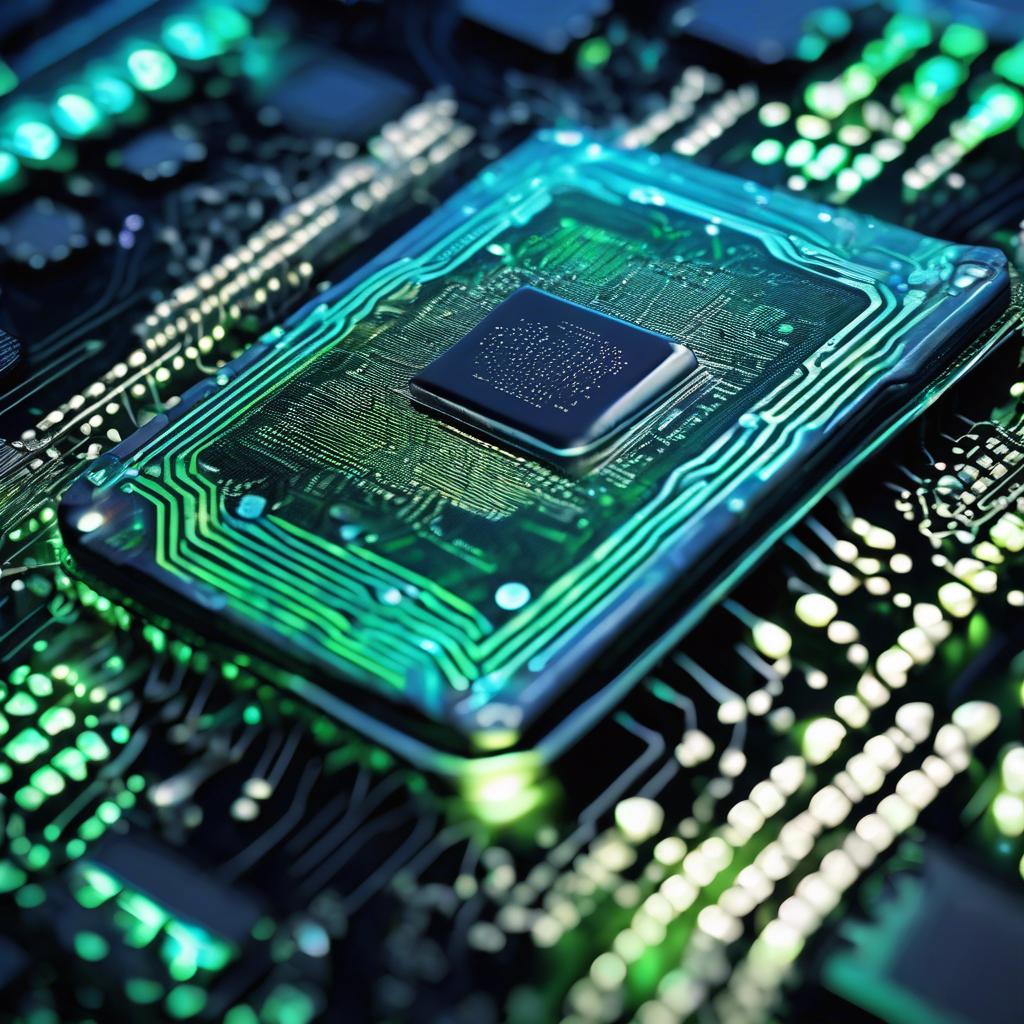U.S. Senator Tom Cotton Introduces Chip Security Act to Strengthen AI Chip Export Controls

On May 9, 2025, U. S. Senator Tom Cotton introduced the "Chip Security Act, " a key legislative effort aimed at strengthening the security and control of advanced AI chips subject to export regulations, particularly to prevent unauthorized access and misuse by adversaries like China. The bill mandates embedding stringent location-tracking systems in export-controlled AI chips to detect smuggling, diversion, or tampering attempts. This measure seeks to curb foreign acquisition of advanced semiconductor technology that could be repurposed for military or unauthorized uses. The Act requires exporters to integrate these tracking and detection mechanisms and promptly report any diversion or tampering incidents to the Department of Commerce’s Bureau of Industry and Security (BIS), establishing enhanced traceability and accountability while bolstering government oversight. This initiative responds to intelligence revealing illegal exports of Nvidia and other high-performance AI semiconductors to China, raising national security concerns among U. S. policymakers. Senator Cotton’s proposal arrives amid heightened tensions over technology exports to rival nations and follows former President Donald Trump’s announcement to revise prior Biden administration restrictions on AI chip exports—regulations aimed at limiting China’s access to cutting-edge technology for military or surveillance uses. Trump’s revisions indicated the need for stronger or adjusted controls, highlighting bipartisan concern about the strategic impact of semiconductor exports. Complementing Cotton’s bill, Democratic Representative Bill Foster is preparing similar legislation, signaling growing bipartisan consensus in Congress to protect U. S. leadership in AI and semiconductor technologies while securing national interests. This united stance reflects a commitment to maintaining America’s tech edge and preventing adversaries from gaining unauthorized advantages. The "Chip Security Act" embodies a comprehensive strategy combining technological innovation in tracking with regulatory oversight, embedding location-tracking directly in AI chips to create a digital chain of custody. This real-time alert system aims to prevent unauthorized military enhancements and safeguard American technological integrity.
The bill also addresses the evolving international competition in AI and semiconductors—fields central to future economic and military dominance—with China aggressively advancing in these areas, prompting proactive U. S. measures. The New York Times recently highlighted ongoing challenges faced by export control authorities in curbing illicit chip transfers, underscoring the bill’s urgency. Industry responses vary: many manufacturers support enhanced security to protect intellectual property and national security, though some express concerns over the complexity and cost of implementing tracking across extensive product lines. The legislation anticipates these concerns by promoting government-private sector collaboration to develop effective, cost-efficient tracking technologies. Enforcement will chiefly fall to the Department of Commerce, whose BIS will require expanded resources for compliance monitoring—potentially involving enhanced cybersecurity, data analytics, and coordination with customs and border agencies to detect smuggling or tampering cases. Overall, the "Chip Security Act" aims to secure U. S. global leadership in AI innovation by preventing sensitive technologies from reaching hostile actors. It aligns with broader national security efforts addressing supply chain resilience, technology protection, and international cooperation among allies regulating semiconductor exports. In summary, Senator Cotton’s introduction of the "Chip Security Act" signals a pivotal advance in U. S. efforts to safeguard emerging AI technologies vital to economic strength and national security. With bipartisan backing and complementary bills forthcoming, stricter regulation of advanced AI chip exports is poised to become a cornerstone of U. S. technology policy, impacting the semiconductor industry and international geopolitical dynamics related to technological supremacy and security.
Brief news summary
On May 9, 2025, U.S. Senator Tom Cotton introduced the Chip Security Act to strengthen export controls on advanced AI chips, aiming to prevent unauthorized access, particularly by China. The Act requires these chips to have embedded location-tracking and tampering detection technologies to monitor and report any smuggling or diversion incidents to the Department of Commerce’s Bureau of Industry and Security. Prompted by intelligence about illicit transfers of high-performance chips, the legislation addresses national security concerns and complements bipartisan efforts, including similar proposals by Democrat Bill Foster. Its goal is to establish a digital chain of custody to prevent misuse of U.S. technology in foreign military or surveillance applications. While it enjoys broad semiconductor industry support, some stakeholders cite concerns over implementation costs. The Department of Commerce is tasked with enforcement but needs additional resources and coordination. Overall, the Chip Security Act aims to safeguard U.S. leadership in AI and semiconductor technology amid rising global competition, especially with China, shaping future technology policy and geopolitics.
AI-powered Lead Generation in Social Media
and Search Engines
Let AI take control and automatically generate leads for you!

I'm your Content Manager, ready to handle your first test assignment
Learn how AI can help your business.
Let’s talk!

ICE wants more blockchain analytics tech; Army re…
U.S. Immigration and Customs Enforcement (ICE) is increasing its investment in blockchain intelligence technology, alongside other investigative platforms.

AI-Powered Drug Discovery: A Breakthrough in Pers…
In a landmark advancement for pharmaceutical research, scientists have introduced an AI-powered platform designed to predict the effectiveness of various drug compounds, promising to transform the drug discovery process by significantly cutting the time and cost required to bring new medications to market.

Meta's $15 Billion Investment in Scale AI to Acce…
Meta has finalized a landmark deal to acquire a 49 percent stake in Scale AI, valuing the company at over $29 billion.

BTCS Inc. Partners with Wharton's Mack Institute …
BTCS Inc., a leading company specializing in blockchain infrastructure and technology, has announced a major development highlighting its dedication to advancing the blockchain ecosystem.

AI Overviews: Google's AI-Generated Summaries in …
Google has launched an innovative feature called AI Overviews within its search engine to improve how users access online information.

Pakistan Forms New ‘Crypto Council’ to Regulate B…
Pakistan has made a significant move to embrace and regulate the emerging digital economy by establishing the Pakistan Crypto Council (PCC).

With Quantum Entanglement And Blockchain, We Can …
No offense to Einstein, but he was certainly wrong about quantum theory—it has not only endured but also proven invaluable across computing, biology, optics, and even games of chance.

 Auto-Filling SEO Website as a Gift
Auto-Filling SEO Website as a Gift








 Auto-Filling SEO Website as a Gift
Auto-Filling SEO Website as a Gift

